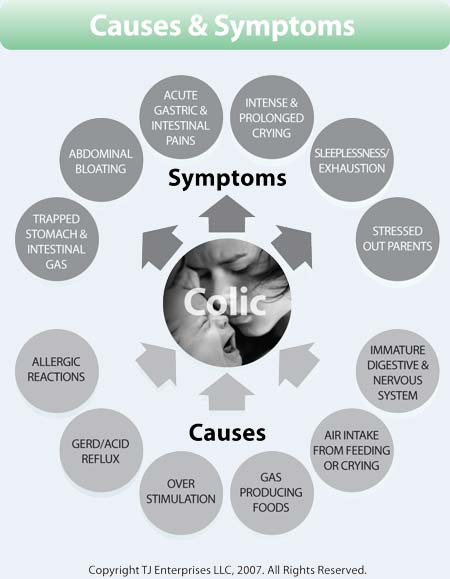
- Text size
DOHA: Al Ahli Hospital has opened a lithotripsy unit for treating patients suffering from kidney stones.
Explaining the lithotripsy procedure, Dr Abdussalam Elmusbahi, Consultant and Head of Urology Department at Al Ahli Hospital, said: “Lithotripsy is a fast, painless and non-invasive way of breaking down renal stones. in Extra-corporeal Shock Wave Lithotripsy (ESWL), shock waves (electromagnetic waves) that are created outside the body travel through the skin and body tissues until they hit the denser stones. The stones break down into small particles and are easily passed through the urinary tract in the urine. ESWL in all cases is done on an outpatient basis and the procedure will take only 30 minutes. It is a day care procedure and hospitalisation is required only for one to four hours. The recovery time is relatively short, and most people can resume normal activities in a few days.”
“Kidney stones can be very painful and their incidence is higher here in the Middle East” said Dr Elmusbahi. “In the West we only have 10 to 15 percent of adults who suffer from kidney stones; however, in the Middle East the figure can be as high at 20 to 25 percent” he said..
“Kidney stones, which are formed through dissolved minerals in the urine and can be extremely painful, are often caused by dehydration, either by not drinking enough water or losing it too much due to high heat conditions. Qatar has a large number of people suffering from kidney stone diseases. when people relocate from areas of moderate temperature to areas with warmer climates, like the Middle East, a rapid increase in stone risk is possible” stated Dr Elmusbahi.
“Kidney stones often do not cause any symptoms. usually, the first symptom of a kidney stone is extreme pain, which begins suddenly when a stone moves in the urinary tract and blocks the flow of urine. Typically, a person feels a sharp, cramping pain in the back and side in the area of the kidney or in the lower abdomen. due to the pain, one can sometimes experience nausea and vomiting, with pain spreading to the groin area” he added.
Dr Abdulazim Abdul Wahab Hussain, Medical Director and Head of Surgery, stated, “We at Al Ahli Hospital strive to bring the best in medicine. The new Lithotripsy Unit will benefit a lot of our guests who used to suffer for long periods. The success rate of lithotripsy is high and, indeed, at Al Ahli Hospital we will continue to relieve the suffering of guests with renal stones. The urology team at Al Ahli Hospital is available six days a week, 12 hours a day to serve guests who suffer from stone problems.”
© The Peninsula 2010